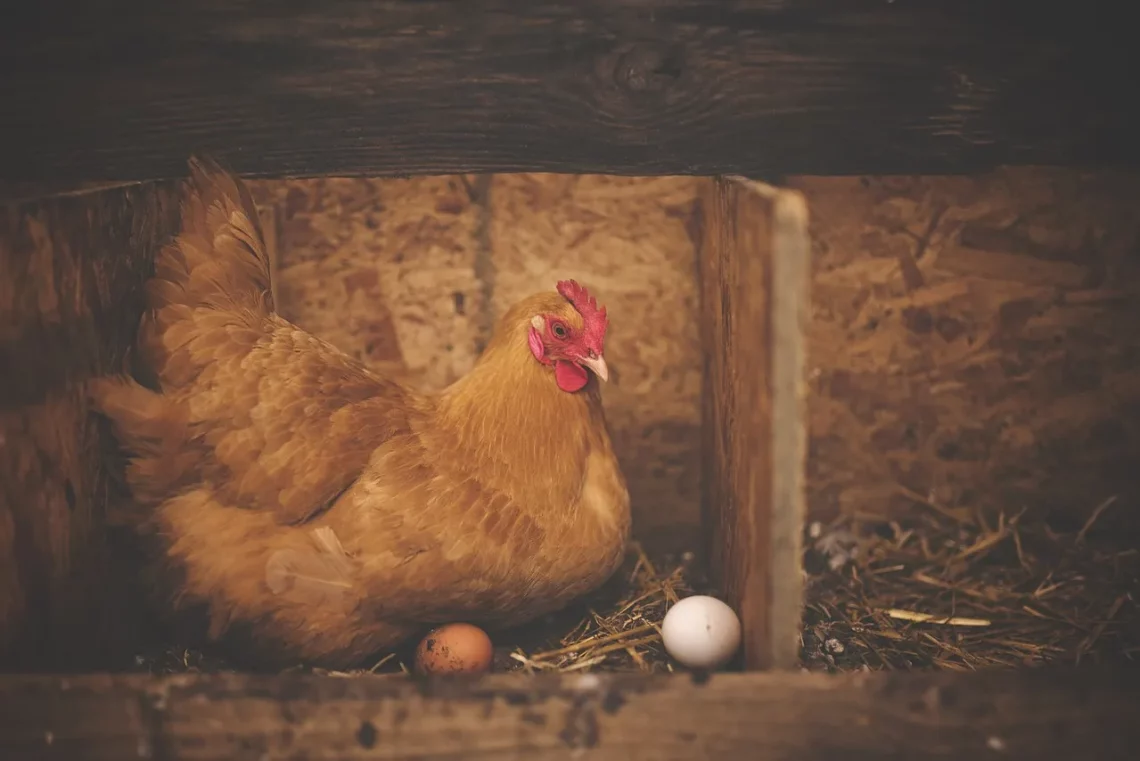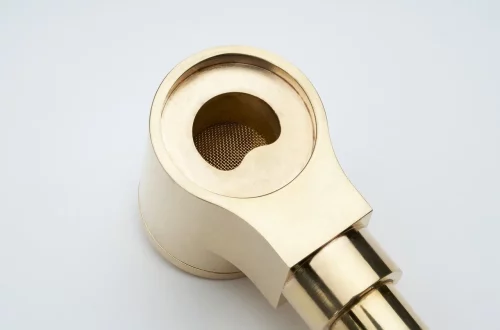
Effective Methods to Rid Chickens of Mites Safely and Naturally
Chickens, like any other livestock, are susceptible to a variety of pests, with mites being one of the most common and troublesome. These tiny parasites can cause significant discomfort to your flock, leading to stress, decreased egg production, and even serious health issues if left untreated. Mites thrive in the warm, dark environments often found in coops, making it essential for chicken owners to stay vigilant in monitoring their birds for signs of infestation.
When chickens are infested with mites, you may notice behavioral changes such as excessive scratching, feather pecking, or lethargy. Mites can be particularly damaging during the warmer months, as they reproduce quickly and can spread rapidly among birds. While chemical treatments are available, many chicken keepers prefer to use natural methods to ensure the health and safety of their flock. By utilizing safe and effective strategies, you can manage mite populations without resorting to harsh chemicals that could harm both your chickens and the environment.
Incorporating natural solutions not only promotes better health for your birds but also fosters a more sustainable approach to poultry care. Understanding how to manage mite infestations naturally is a vital skill for any chicken owner, enabling you to maintain a thriving and healthy flock.
Understanding Mites and Their Impact on Chickens
Mites are microscopic parasites that feed on the blood and skin of their hosts. There are several species of mites that can affect chickens, including the Northern Fowl Mite, the Red Mite, and the Scaly Leg Mite. Each type has its own unique characteristics and impact on chickens.
The Northern Fowl Mite is one of the most common types found in flocks. It primarily resides in the feathers and skin of chickens, feeding on blood and leading to anemia in severe cases. Chickens infested with these mites may exhibit signs of distress, such as feather loss, skin irritation, and a general decline in health. The mites can reproduce rapidly, making it crucial to act fast when an infestation is detected.
Red Mites are another notorious species, known for their ability to hide in the coop during the day and feeding on chickens at night. These mites can cause significant stress and discomfort for your birds, leading to decreased egg production and overall health deterioration. Infestations can spread quickly, especially in crowded conditions, making prevention a key aspect of flock management.
Scaly Leg Mites, as the name suggests, affect the legs and feet of chickens, causing thickening and scaling of the skin. If left untreated, these mites can lead to serious complications, including pain and difficulty walking. It’s essential to recognize the signs of infestation early to ensure the well-being of your flock.
To effectively combat mite infestations, regular health checks and maintenance of the coop environment are key. Keeping the living conditions clean and dry will help reduce the likelihood of mites taking hold. Moreover, understanding the different types of mites and their behaviors will empower you to take appropriate action when needed.
Natural Remedies for Mite Control
When it comes to managing mite populations naturally, there are several effective remedies that chicken owners can employ. These methods not only help to eliminate mites but also promote overall health for your birds.
One popular method is the use of diatomaceous earth (DE). This natural powder is made from the fossilized remains of tiny aquatic organisms known as diatoms. When applied to the coop bedding and the feathers of your chickens, DE can effectively dehydrate and kill mites by damaging their exoskeletons. When using DE, it’s essential to choose food-grade quality to ensure the safety of your flock. Dust your chickens lightly with DE, avoiding their eyes and nostrils, and regularly refresh the bedding to maintain its effectiveness.
Another effective natural remedy is the use of essential oils. Certain oils, such as tea tree oil, lavender, and peppermint, have been shown to repel mites and can be used in various ways. You can mix a few drops of essential oil with a carrier oil and apply it to your chickens’ feathers or use it to clean the coop. However, it’s important to use essential oils sparingly and always ensure they are safe for poultry, as some oils can be toxic in high concentrations.
Garlic is another natural deterrent that can be beneficial in preventing mite infestations. Adding crushed garlic to your chickens’ feed can help repel mites and enhance their immune systems. Garlic has natural antimicrobial properties, which can further support the overall health of your flock.
Regular dust baths are also an excellent way for chickens to manage external parasites. Providing a dust bath with a mixture of dirt, sand, and wood ash will allow your chickens to naturally rid themselves of mites while promoting healthy feathers. Ensure that the dust bath is kept clean and dry to maximize its effectiveness.
Incorporating these natural remedies into your chicken care routine can significantly reduce the likelihood of mite infestations while ensuring the health and happiness of your flock.
Maintaining a Healthy Coop Environment
Creating and maintaining a healthy environment for your chickens is crucial in preventing mite infestations. A clean, dry, and well-ventilated coop will not only enhance the overall well-being of your flock but also reduce the risk of pest problems.
Regular cleaning is essential in keeping mites at bay. Start by removing all bedding and thoroughly cleaning the coop, including nesting boxes and perches. Use a mixture of vinegar and water for an effective natural disinfectant that can help eliminate any potential mite eggs or larvae. Scrubbing surfaces and ensuring that the coop is dry will create an inhospitable environment for mites.
Proper ventilation is another critical factor in maintaining a healthy coop. Good airflow helps to reduce humidity levels, which can deter mite populations. Ensure that your coop has adequate windows or vents to allow for fresh air circulation while protecting your birds from harsh weather conditions. If necessary, consider installing fans or using natural methods to improve airflow.
In addition to cleanliness and ventilation, managing the density of your flock can also play a significant role in mite prevention. Overcrowding can lead to stress and increased vulnerability to infestations. Make sure your chickens have enough space to roam and interact comfortably, which will help keep their stress levels down and enhance their overall health.
Finally, regular health checks for your chickens are essential. Monitor your flock for signs of mite infestations, such as excessive scratching or feather loss. Early detection will allow you to take appropriate action before the problem escalates.
By fostering a clean and healthy coop environment, you can significantly reduce the risk of mite infestations and ensure that your chickens thrive.
Implementing a Regular Health Monitoring Routine
Establishing a regular health monitoring routine for your chickens is vital for early detection and prevention of mite infestations. By being proactive about your flock’s health, you can address potential issues before they become significant problems.
Start by scheduling regular health checks, ideally once a week or bi-weekly. During these checks, look for signs of mite infestations such as excessive scratching, feather loss, and changes in behavior. Pay close attention to the skin and feathers of your chickens, as any signs of irritation or redness may indicate a problem.
In addition to visual inspections, consider keeping a health log for your flock. This log can include notes on each chicken’s appearance, behavior, and any signs of illness. By maintaining detailed records, you can identify patterns over time and make informed decisions about the health of your birds.
Another important aspect of health monitoring is ensuring that your chickens receive a balanced diet. A well-nourished flock is more resilient to pests and diseases. Provide high-quality feed, fresh vegetables, and access to clean water to support their immune systems. Additionally, consider supplementing their diet with natural remedies, such as garlic or apple cider vinegar, to further enhance their health.
Engaging with a local veterinarian who specializes in poultry can also be beneficial. Regular check-ups can help catch any underlying health issues and provide you with expert advice on managing your flock’s health effectively.
By implementing a comprehensive health monitoring routine, you can ensure that your chickens remain healthy and mitigate the risk of mite infestations.
In conclusion, while mites can pose a significant challenge for chicken owners, utilizing natural methods and maintaining a clean, healthy environment can effectively manage pest populations. By understanding the types of mites, employing natural remedies, and establishing a regular monitoring routine, you can keep your flock safe and thriving.
**Disclaimer:** This article is intended for informational purposes only and should not be construed as medical advice. Always consult with a qualified veterinarian for any health concerns regarding your animals.




